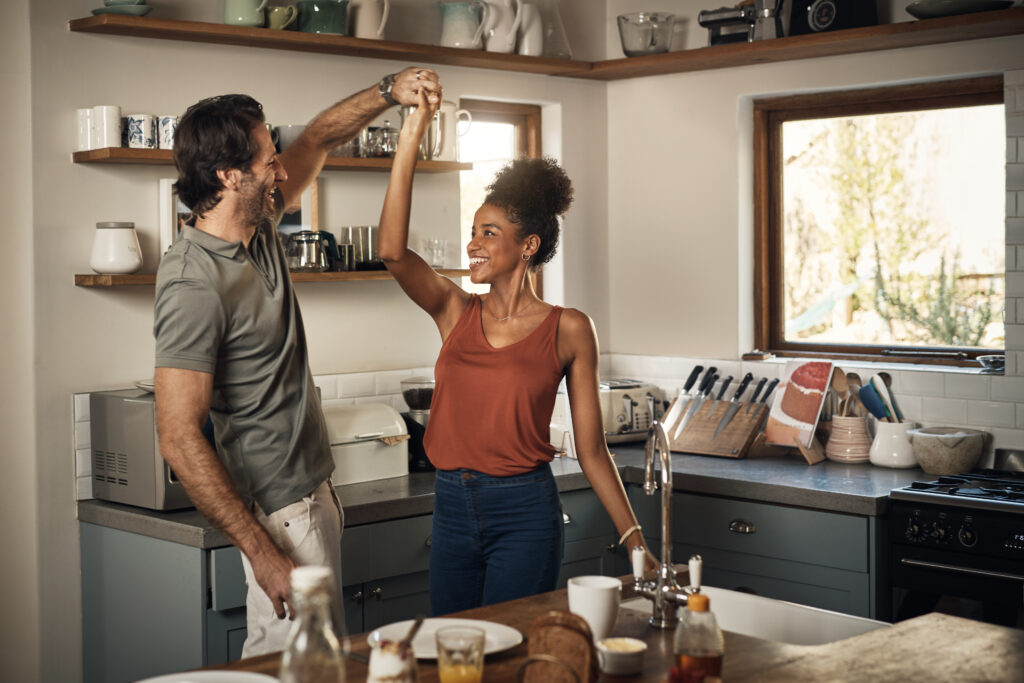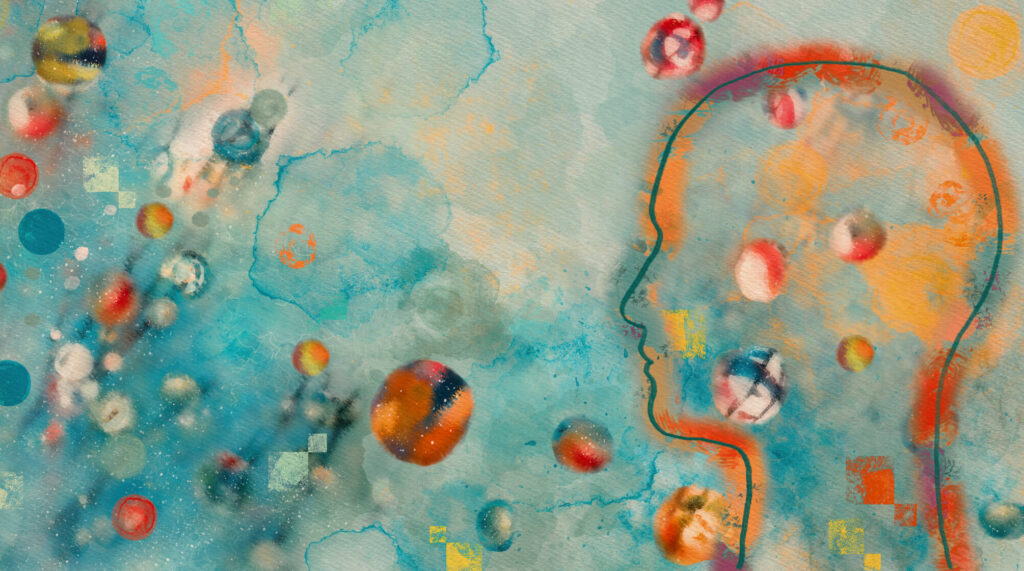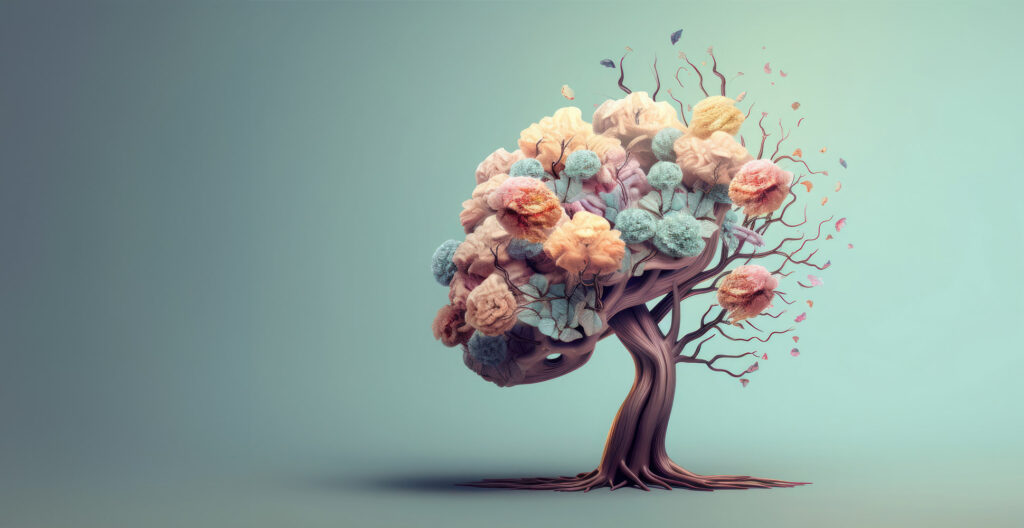This Valentine’s day, I found myself reflecting on the nature of romantic relationships and the loneliness that often comes with this season. Entering a serious relationship can be one of the most rewarding experiences in life, yet it also brings with it a level of commitment and vulnerability that can be scary for many people. It is completely natural to feel lonely or and wonder if you are ready to take the risk of a new relationship. The journey toward a meaningful partnership involves more than just romantic feelings; it requires emotional readiness, self-awareness, and a willingness to grow together with another person. While every person and relationship is different, here are some possible clues that indicate you might be ready for a serious relationship.
- Chaos is a turn off, instead of a turn on. While the unpredictable can feel exciting in the short term, true emotional fulfillment comes with stability, not chaos. Situations like impulsive connections, dating someone who’s emotionally inconsistent, or engaging in relationships that spark dramatic highs and lows can leave you feeling drained, not fulfilled. When you learn to value stability over the rush of chaos, you know you’re ready for a deeper, more meaningful connection.
- You love yourself. A healthy relationship begins with a strong sense of self. When you’re content in your own company and confident in your own worth, you’re more likely to attract the right kind of relationship. You can tolerate negative feelings, so you don’t get into a relationship to avoid feeling lonely. You don’t need to rely on a partner to fill an emotional void; instead, you know that love starts from within, and your relationship should complement, not complete, you.
- You handle rejection in a mature way, and you can reject others respectfully. Dating can bring up rejection, and that’s okay. What matters is how we respond. Maturity in relationships involves accepting the reality of a situation without blame or bitterness. Instead of blaming your date or pretending the feelings weren’t mutual, you can acknowledge what happened, learn from it, and move on with a clear heart. Likewise, when you need to end things, you do so respectfully and without drama.
- You don’t jump into commitments. There are many things that make a relationship work in the long term and commitment is only one of them. A good relationship requires interdependence, where both partners give and take without pressure or hardship. By contrast, people with a tendency to be codependent may find themselves oversharing with a partner, jumping quickly into emotional or sexual intimacy, or overcommitting themselves early in the relationship. Rather than jumping into a commitment, get curious about your date and find out more about their culture, character, values, and sense of themselves. Doing this increases the likelihood that you will enter into relationships with people you genuinely like, rather than just someone you’re infatuated with. When you take the time to truly get to know a person, you create a foundation where both partners are equally invested in the relationship.
- You can communicate with your partner. Good communication is the heart of any relationship. You trust your partner to give you the benefit of the doubt and you do the same. You take steps to make your partner feel heard and appreciated. This openness fosters intimacy, understanding, and a sense of partnership, allowing you both to navigate challenges together, without unnecessary conflict.
- You know you are responsible for your own happiness. It’s easy to expect our partners to fulfill all our emotional needs, but true happiness starts with us. Rather than relying on someone else to make us feel complete, you recognize that your happiness is in your hands. Of course, there are many reasonable expectations we might place on our relationships: for instance, being a source of appreciation and love. Yet, sometimes our lists get a little long, and it becomes easier and easier for our partner to let us down. As Esther Perel, author of Mating in Captivity, puts it, “We come to one person, and we basically are asking them to give us what once an entire village used to provide. Give me belonging, give me identity, give me continuity, but give me transcendence and mystery and all in one.” As you cultivate self-love and emotional self-sufficiency, you can bring your best self to the relationship—without placing unrealistic expectations on your partner.
- You look for an equal, not a project. A healthy relationship is a partnership between two equals. Attempting to change your partner or becoming overly reliant on them can lead to a sense of obligation that damages long term romance. Instead of trying to “fix” someone or change them, you accept your partner as they are—imperfections and all. Love isn’t about molding someone into your ideal; it’s about appreciating who they truly are and building a life together with respect and understanding. If you are unwilling to accept certain parts of your partner just as they are, then this probably is not the person for you.
- You are flexible and can accept influence from your partner. You know your partner is not your twin. You understand that they likely have a different approach to things, so you don’t always need things to be done your way. You are willing to be flexible and you acknowledge that what works well for you might not work well for your partner. By embracing differences, you can express your own needs and preferences while learning from your partner’s perspective.
- Your friends and family like your partner. Your close friends, as well as your partner’s, think you have a relationship that will stand the test of time. Social support outside the relationship is important for long term happiness. Similarly, having friends who like your partner will reduce opportunities for future conflict and drama. Healthy relationships aren’t just about the two of you; they are part of a broader network of love and support that enriches your life together.
- You avoid defining statements. When we view our partners through a rigid lens—labeling them as “always” or “never” doing something—we can miss the richness of their whole being. No one is perfect, and when we focus only on their flaws, we overlook the small, everyday gestures that make a relationship special. We may be so distracted by the fact that they often forget to do something practical around the house that we don’t appreciate the warm way they greet us every morning, or the three things they did for us when we got home. When you notice them contributing to the relationship, it is helpful to thank them and express appreciation for their efforts. Similarly, we shouldn’t put our partners on a pedestal. Recognize them in all their humanity without needing to pretend they are perfect. Seeing your partner as a whole person and appreciating them for both their strengths and imperfections can create a deeper sense of connection and appreciation.
Navigating serious relationships can take great courage. It requires being vulnerable, exposing your deepest fears, desires, and insecurities to another person. While vulnerability can feel risky, with the right mindset and tools, it can lead to profound and rewarding connections. So, this Spring, if you chose to plant new seeds in your relationship garden, I hope you utilize these tips to help your connections grow and blossom into healthy, meaningful relationships.








